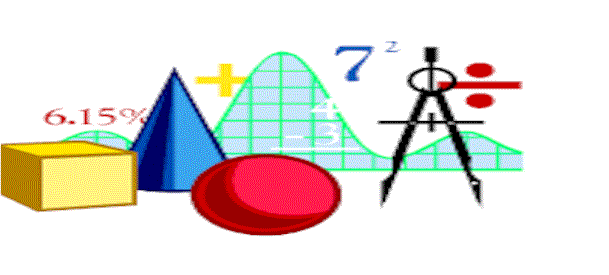
defun

|
defun
|
The defun macro creates a new Lambda object and assigns it to the specified
global variable {name}. Usage Use this macro when an Lambda must be defined in Lisp.
(defun name(arg...) faces:(var...) vars:(var...) pvars:(var...)
cvars:(var...) regs:(var...) exp...) An Lambda that will be assigned the name {name}.
Expression:
Arguments
Name
Type
Description Argument: name Symbol
The name that the Lambda will be associated with. Argument: (arg...) ---
Optional Argument. Argument list for the Lambda. Argument: faces:(var...) Symbol
Optional Argument. If present, must be followed by a interfaces feature list. Argument: vars:(var...) Symbol
Optional Argument. If present, must be followed by a local variable list. Argument: pvars:(var...) Symbol
Optional Argument. If present, must be followed by a persistent variable list. Argument: cvars:(var...) Symbol
Optional Argument. If present, must be followed by a persistent class variable list. Argument: regs:(var...) Symbol
Optional Argument. If present, must be followed by a register variable list
(up to fifty register variables are allowed). Argument: exp... ---
The Lisp statements that forms the Lambdas
Returns:
Here are a number of links to Lambda coding examples which contain this instruction in various use cases.
Here are the links to the data types of the function arguments.
| Lambda | Symbol |
Here are also a number of links to functions having arguments with any of these data types.

|
Analytic Information Server (AIS)AIS Component Systems
|